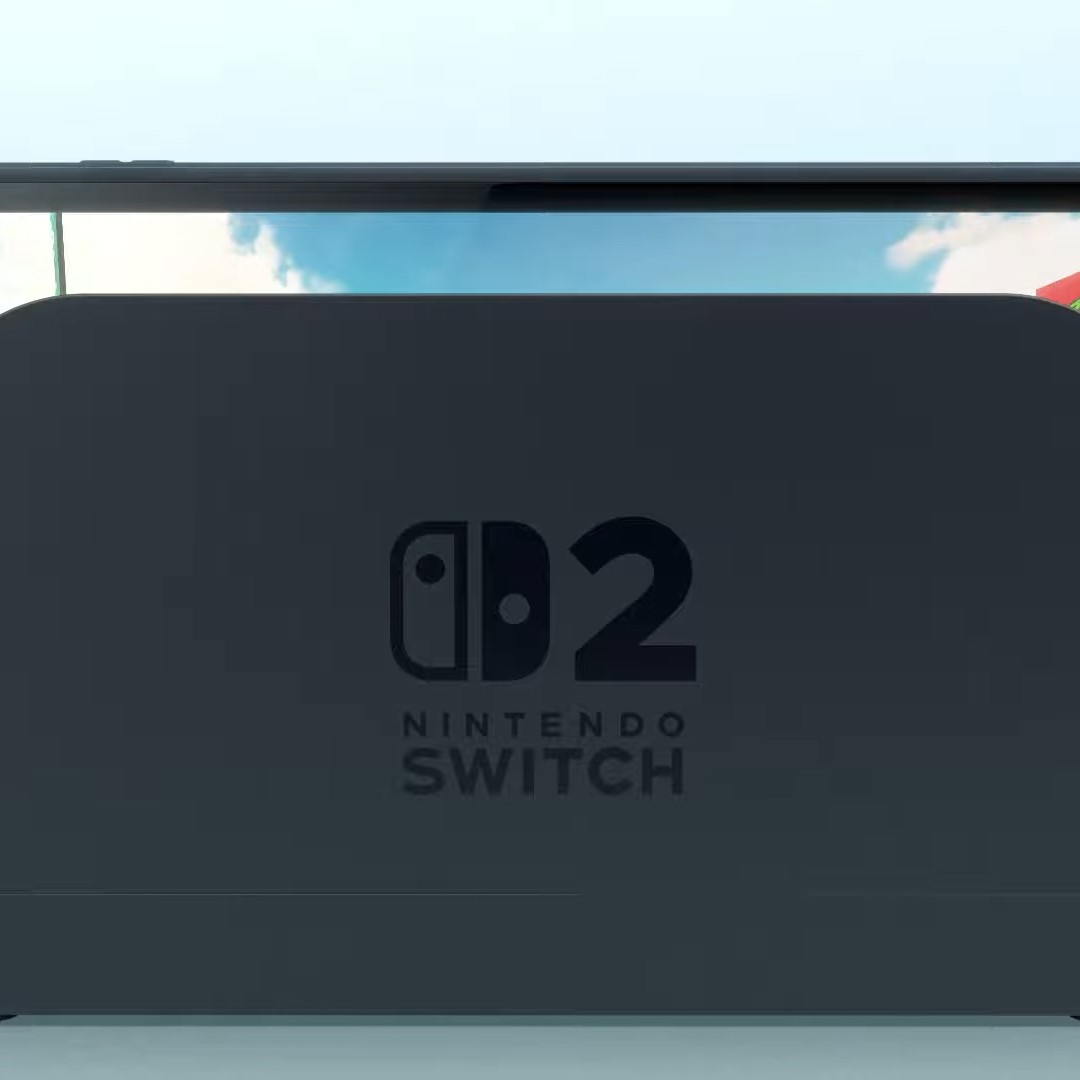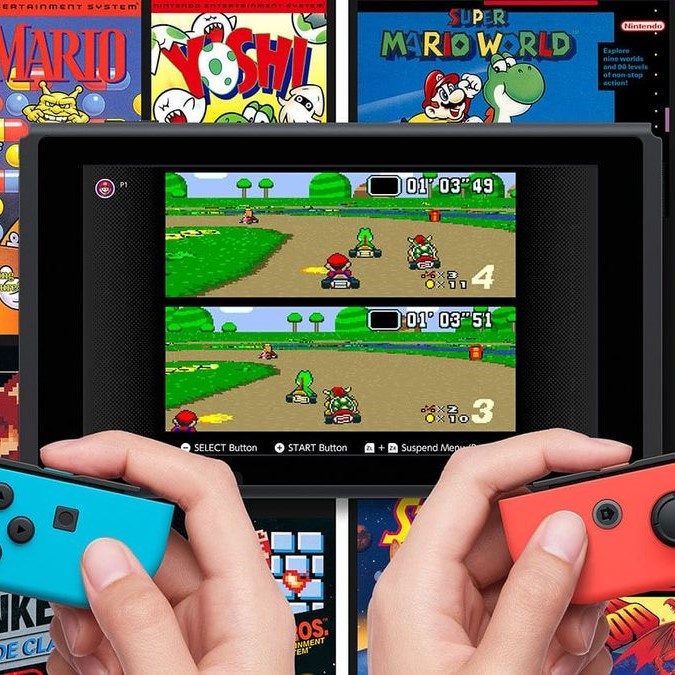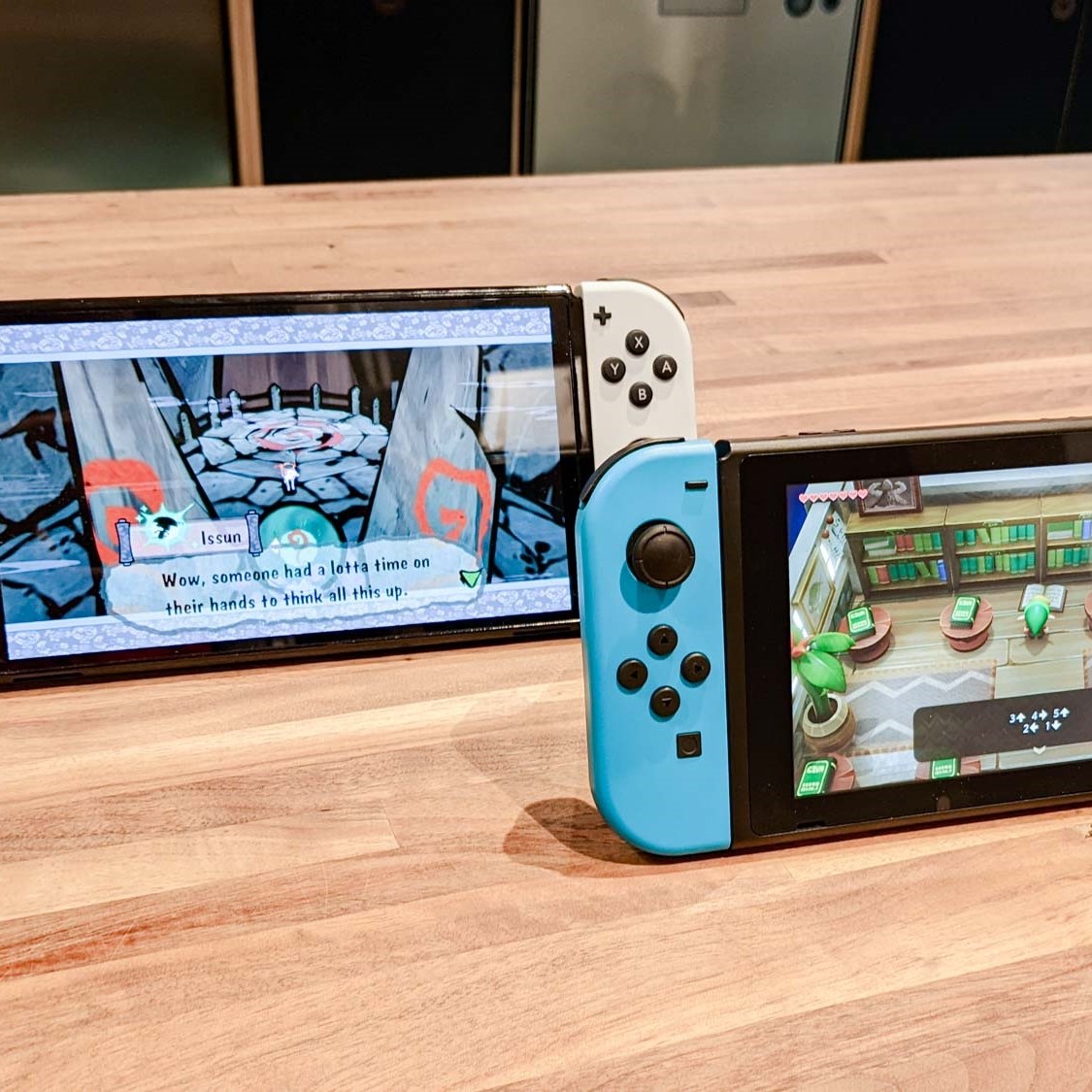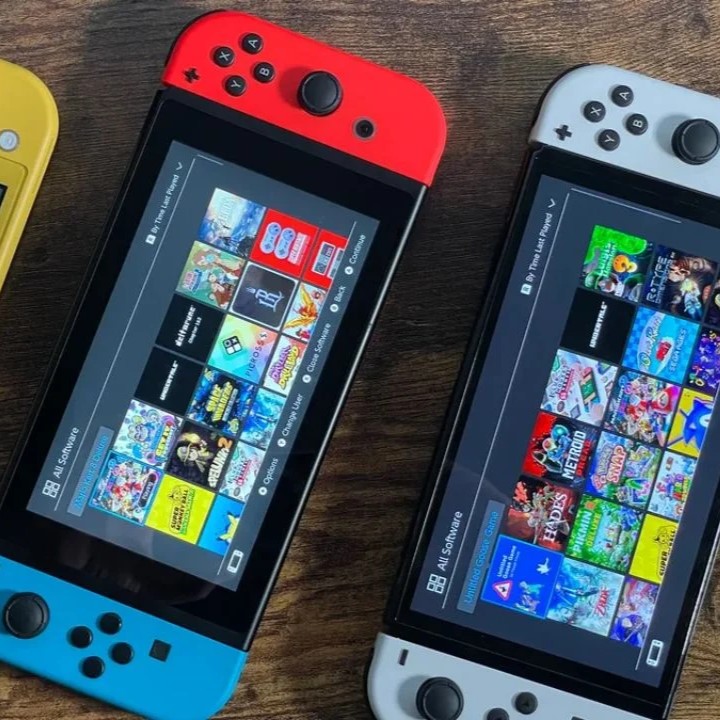As excitement builds around the upcoming Nintendo Switch 2, many gamers are asking: can you play switch 1 games on switch 2? This question is critical for those who own a large library of Switch titles. Backward compatibility has always been a key concern in console transitions. Historically, Nintendo has taken different approaches across generations. With the original Switch launching in 2017, millions have invested in digital and physical games. Players want assurance their favorites will still work. In addition, accessories like Joy-Cons and Pro Controllers matter too.
Some fans worry about losing progress or save data. Others wonder if new hardware features will affect gameplay. Because of these concerns, understanding compatibility is essential. While official details remain limited, industry trends and past behavior offer clues. This article explores what we know so far. It also examines possible scenarios and how players can prepare. Ultimately, knowing whether you can play switch 1 games on switch 2 helps with future planning.
 What We Know About the Switch 2 Launch and Specs
What We Know About the Switch 2 Launch and Specs
Can you play switch 1 games on switch 2? Nintendo has not yet released full specs for the Switch 2. However, leaks and reports suggest major upgrades. The new console will likely feature a faster processor. This means improved graphics and smoother performance. Memory and storage capacity are expected to increase. As a result, loading times should drop significantly. The screen may offer higher resolution and better brightness. Some rumors point to an OLED-like display as standard.
The system will probably support modern TVs at 4K output. This enhances visual quality when docked. Battery life could improve due to more efficient chips. In addition, the operating system may get a redesign. It might include faster navigation and better multitasking. These changes aim to keep up with competitors. They also reflect advances in mobile technology. While exact release dates vary by source, late 2024 or 2025 seems likely. Pricing remains uncertain but could be higher than the original. All these upgrades raise questions about game compatibility.
How Nintendo Handles Console Transitions
Nintendo’s history with backward compatibility varies. The Wii played GameCube games, but only in early models. Later versions removed the feature. The 3DS ran DS cartridges, maintaining strong support. However, the transition from 3DS to Switch broke that trend. The Switch cannot play physical 3DS or Wii U discs. Digital purchases from older systems also don’t carry over. Instead, Nintendo focuses on remasters and re-releases. Titles like The Legend of Zelda: Breath of the Wild launched fresh. Others, such as Super Mario Bros. Wonder, bring classic gameplay forward.
Some fan-favorite games appear on Nintendo Switch Online. These include NES, SNES, and N64 titles. But access requires a subscription. This model suggests a shift toward curated libraries. It favors digital distribution over hardware compatibility. Therefore, it’s unlikely that the Switch 2 will run old cartridges directly. Still, software-based solutions could preserve game access.
 Will Physical Cartridges Work on the Switch 2?
Will Physical Cartridges Work on the Switch 2?
One major concern is whether Switch 1 game cartridges will fit. The original Switch uses proprietary game cards. These are smaller than SD cards but larger than microSDs. If the Switch 2 uses a different slot size, old games won’t insert. Even if they fit physically, firmware may block them. Modern consoles often disable legacy media through software locks. For example, the PS5 doesn’t play PS3 discs without streaming. Similarly, Xbox Series X uses emulation for older titles. Nintendo may follow a similar path. It could introduce a virtual library instead.
This would let users redownload past purchases. However, physical collectors might lose functionality. Their game boxes and inserts would become decorative. Unless Nintendo includes a cartridge reader, this content becomes obsolete. Some fans hope for a hybrid design. Others expect a clean break to push digital sales. Either way, relying solely on physical copies carries risk.
Digital Library Access and Cloud Saves
If physical games aren’t supported, digital access becomes crucial. Most Switch owners buy games from the eShop. These downloads link to their Nintendo Account. In theory, this account could transfer to the Switch 2. Users might regain access to all prior purchases. However, this depends on Nintendo’s policies. They may require repurchasing titles at updated prices. Alternatively, they could offer trade-in programs.
Another factor is save data. Current saves store locally or in the cloud. Nintendo Switch Online includes cloud save backups. Without this service, progress stays on the old device. For the Switch 2 to support old games, it must restore these saves. Seamless migration would improve user experience. Gamers don’t want to replay 50-hour RPGs from scratch. A unified account system makes this possible. Yet, no official promise exists yet. Until then, keeping subscriptions active is wise.
Emulation vs. Native Support: What’s More Likely?
There are two ways the Switch 2 could run old games. One is native support—running them directly on the hardware. The other is emulation—mimicking the original system. Native support offers better performance and stability. It allows instant boot-up and full controller use. However, it requires developers to update each title. That effort may not happen for every game. Emulation is more flexible. It lets one system mimic another’s functions.
The Nintendo Switch already emulates older consoles. NES, SNES, and N64 games run through Switch Online. This proves Nintendo uses emulation successfully. Applying it to Switch 1 titles is technically feasible. The Switch 2’s stronger hardware supports this well. Emulated games might even see enhancements. These could include faster load times or improved frame rates. Still, some glitches may occur. Not all games behave perfectly under emulation. Overall, emulation appears more likely than native support.
Developer and Publisher Challenges
Even if the Switch 2 supports old games, publishers must agree. Licensing issues can block re-releases. Music rights, actor likenesses, or expired contracts cause delays. Some indie games disappear from the eShop for this reason. Big franchises like Mario or Zelda face fewer hurdles. But third-party titles may not return immediately. Publishers need to recertify games for new hardware. This process takes time and money.
Smaller studios may lack resources. As a result, gaps in availability could occur. Also, updates may be required for security or compliance. Games with online features need server support. If servers shut down, multiplayer modes fail. Single-player content might still work offline. However, connectivity problems reduce value. Nintendo could partner with publishers to streamline approvals. They might create a certification program. This would help bring more titles to the new platform quickly.
 Controller and Accessory Compatibility
Controller and Accessory Compatibility
Another important topic is controller use. The Switch 2 may adopt a new design. Rumors suggest detachable controllers with upgraded haptics. If so, will old Joy-Cons work? Past trends show mixed results. The Wii U Pro Controller worked on the Switch. But original Wii Remotes do not. This indicates partial accessory support. Wired USB controllers often have better luck. Bluetooth devices may need re-pairing or firmware updates.
The Pro Controller from Switch 1 might connect. However, newer features like adaptive triggers may not sync. Similarly, third-party accessories face uncertainty. Charging docks, travel cases, and headsets should still function. But anything that plugs into the console risks incompatibility. Adapters could solve some issues. Still, buying new gear may be unavoidable. Gamers should wait for official announcements before investing.
Preparing for the Switch 2 Transition
Now is the time to prepare for the next console. First, ensure your Nintendo Account is active. Link all purchases and enable two-factor authentication. Next, subscribe to Nintendo Switch Online. This secures cloud saves and access to classic games. Download any digital titles you own. Avoid relying only on physical copies. Organize your game library and make notes of favorites. Consider writing reviews or ratings for quick reference.
Backup photos and screenshots if they matter to you. Uninstall rarely played games to free up space. Keep your current Switch in good condition. A working console increases trade-in value. Watch for news from Nintendo Direct events. They often reveal hardware and policy updates. Join online communities to share insights. Staying informed reduces surprises later. Being ready ensures a smooth move to the new system.
 Frequently Asked Questions About Can You Play Switch 1 Games on Switch 2
Frequently Asked Questions About Can You Play Switch 1 Games on Switch 2
Will my Switch 1 games work on Switch 2?
It’s unclear, but full backward compatibility is not guaranteed.
Can I transfer my digital games to Switch 2?
Possibly, if linked to your Nintendo Account.
Do I need to rebuy my games for Switch 2?
Maybe. Nintendo may offer discounts or bundles.
Will save data carry over?
Only if cloud saves are enabled via Switch Online.
Can I use my old Joy-Cons with Switch 2?
Maybe, but new controllers may replace them.
Is there going to be a trade-in program?
Not confirmed, but likely given industry standards.
Will Switch 1 cartridges fit in Switch 2?
Probably not, especially if the design changes.
What happens to my eShop balance?
It should transfer if accounts remain linked.
 Final Thoughts on Whether Can You Play Switch 1 Games on Switch 2
Final Thoughts on Whether Can You Play Switch 1 Games on Switch 2
The answer to “can you play switch 1 games on switch 2” remains uncertain. No official statement confirms full backward compatibility. Historical patterns suggest a mix of digital access and emulation. Physical games may not work due to hardware changes. However, Nintendo will likely provide a way to keep playing favorites. A digital library or subscription service could bridge the gap. Emulation might enhance older titles with better performance.
Gamers should stay updated through official channels. Preparing now improves the transition later. Backing up saves and securing accounts is essential. While change is inevitable, smart planning reduces stress. Ultimately, the goal is to enjoy games across generations. Whether through native support or virtual options, continuity matters. So yes, can you play switch 1 games on switch 2? The hope is yes—with the right setup and timing.